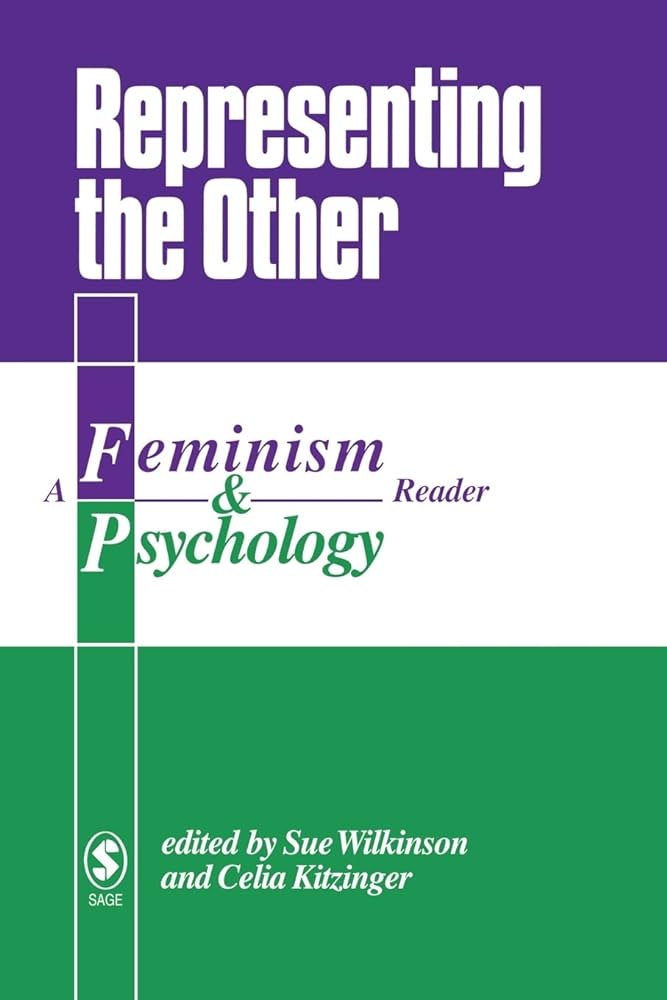超越声音:母性转变探究的本体-认识论分析
IF 1.9
3区 心理学
Q2 PSYCHOLOGY, MULTIDISCIPLINARY
引用次数: 0
摘要
产妇过渡是研究首次生育的一个关键概念。虽然这一领域的定性研究对理解这一转变中的心理和社会文化转变做出了很大贡献,但传统人文定性方法的广泛采用产生了线性和相当同质的知识。在这篇文章中,我们探讨了这种调查的本体认识论影响,并通过插入女权主义/新唯物主义和批判后人文主义切入这项工作。我们通过检查方法和方法来思考其知识生产能力的限制和潜力,追踪定性产妇过渡文献的踪迹。我们阅读了过去50年来56篇产妇过渡文章的研究实践。我们发现,大多数母亲都停留在自由的人文主义框架内,不可避免地将母亲定位为理性的、能动的、无实体的、负责任的行动者。我们探索中间、缺失或可能在未来成为母亲的研究组合。通过以女性主义/新唯物主义和批判后人类理论为探究路径的思考,我们揭示了母性转变是一个不断演变和波动的成为母亲的过程。研究结果强调了使理论和方法多样化的重要性,以研究首次生育,并更加注意人类和非人类机构之间的关系。本文章由计算机程序翻译,如有差异,请以英文原文为准。
Beyond voice: An onto-epistemological analysis of maternal transition inquiry
The maternal transition is a key concept for studying first-time motherhood. Whilst qualitative research in this space has contributed much to understanding the psychological and sociocultural shifts in this transition, a broad adoption of conventional humanistic qualitative methodologies has produced linear and rather homogenous knowledges. In this article, we interrogate the onto-epistemological repercussions of such inquiry and cut into this work by plugging into feminist/new materialisms and critical posthumanism. We trace the trail of qualitative maternal transition literature by examining methodologies and methods to think through the limits and potentialities of their knowledge-production capacity. We read across the research practices of 56 maternal transition articles spanning the past 5 decades. We found most reside within a liberal humanist framework, which inevitably positions mothers as rational, agentic, disembodied, and responsible actors. We explore what is in-between, missing, or could be in future becoming-mother research assemblages. Through thinking with feminist/new materialist and critical posthuman theories as inquiry pathways, we open up the maternal transition as a constantly evolving and fluctuating process of becoming-mother. Findings underscore the importance of diversifying theory and methodologies in studying first-time motherhood and paying greater attention to the relations between human and non-human agencies.
求助全文
通过发布文献求助,成功后即可免费获取论文全文。
去求助
来源期刊

Feminism & Psychology
Multiple-
CiteScore
3.30
自引率
11.10%
发文量
51
期刊介绍:
Feminism & Psychology provides a forum for debate at the interface between feminism and psychology. The journal"s principal aim is to foster the development of feminist theory and practice in – and beyond – psychology. It publishes high-quality original research, theoretical articles, and commentaries. We are interested in pieces that provide insights into the gendered reality of everyday lives, especially in relation to women and girls, as well as pieces that address broader theoretical issues. Feminism & Psychology seeks to publish work from scholars, researchers, activists and practitioners at all stages of their careers who share a feminist analysis of the overlapping domains of gender and psychology.
 求助内容:
求助内容: 应助结果提醒方式:
应助结果提醒方式:


